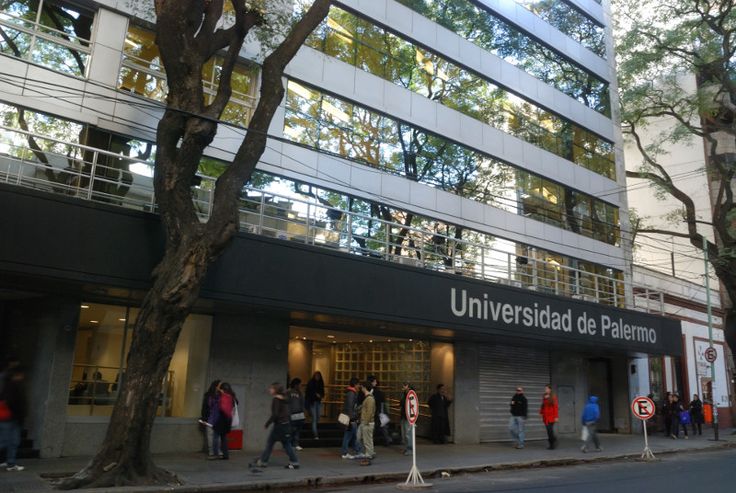Courting Justice was shown in Buenos Aires at the South Africa-Argentina Binational Commission Seminar and at the University of Palermo Law Faculty early in November. The audiences responded with the same heightened enthusiasm that audiences express wherever Courting Justice is shown. Many who saw the film stated their determination to show Courting Justice to friends and constituents back home.
I was drawn to Buenos Aires less for the Courting Justice screening than to attend the Binational Commission Seminar. The Seminar , an outcome of the South Africa-Argentina 2005 bilateral agreement, represented another effort toward cooperation between the two countries in the development of many sectors. It was to learn about the bilateral agreement and to learn from the Seminar. That they both appealed to my interests as a political scientist motivated my travelling to Argentina.
At the Seminar, hosted by South Africa’s Ambassador to Argentina, Tony Leon, and Argentina’s Ambassador to South Africa, Carlos Sersale, 150 distinguished participants met for two days in the Palacio San Martin. The theme was “South Africa and Argentina: Gateway Countries to Continental Opportunities.”
Underlying the cooperative agreement and a thread reappearing throughout the Seminar, is a recognition of the countries’ commonalities in their human rights history and in their profiles as developing countries. Not included among these commonalities, though so prominently visible in Buenos Aires during my days there, is the jacaranda. The jacaranda trees were in full bloom despite their unusual timing for Buenos Aires. The profusion of blue, if not an omen, was certainly one of nature’s gifts.
The Seminar’s first day was devoted to the economic sector. The second day was devoted to topics of culture, education, politics and human rights. The connections between the first and second day discussions were often referenced. Ambassador Tony Leon, for example, pointed to the close relationship between constitutionalism and economic growth and noted the embrace by both countries of human rights as the foundation for economic growth.
Among the many other themes of interest that were developed, just three are noted here: The first, expressed by Ambassador John Davis ,currently the director of a division in South Africa’s Department of International Relations and Cooperation, put South Africa’s priority on South America in the context of South Africa’s drive to diversify its international relationships, reducing in this way its historical reliance on Europe as its major trading partner.
The second theme—related to the first– was expressed by Minister Ariel Fernandez , Director of Argentina’s Sub-Sahara Ministry of Foreign Affairs, International Trade and Worship. He emphasized that the future lies not with the past North-South relationships but with South-South ties.
The third, expressed by Professor Shadrack Gutto , Director of the Centre for African Reaniassance Studies at the University of South Africa, was that the future relationships must not repeat the past’s scavenging of Africa’s wealth.
Appropriately, Courting Justice was placed in the Seminar’s human rights section.. Preceding its screening was an outstanding panel, the members of which included. Ambassador Sesale; Minister Eduardo Acevedo Diaz, Director-General for Human Rights in the Argentine Ministry of Foreign Affairs, International Trade and Worship; Patricia Valdez, Director for the Memoria Abierta; and Madeleine Fullard, Head of the Missing Persons Task Force in South Africa’s National Prosecuting Authority. They addressed different aspects of “How South Africa and Argentina champion human rights and the preservation of memory.”
South Africa’s Embassy in Buenos Aires, in hosting the two day Seminar, undertook an enormously complex and demanding task—the result of which was a highly successful event. It now intends to compile the Seminar’s presentations. I will post a notice when that compilation is available.
The evening following the Seminar, Courting Justice was shown at the University of Palermo’s Faculty of Law. Beatriz Kohen , who shares my interest in judicial gender diversity and who, among her many extraordinary accomplishments which include pioneering the subject of judicial gender diversity in Argentina, teaches at the Faculty of Law, arranged for the screening. Dean Roberto P. Saba enlarged the discussion significantly by commenting on the ever- present awareness by South Africa’s Constitutional Court Justices of their responsibility for creating a sound jurisprudential foundation ; on their passionate commitment to the vision of a human rights based constitutional democracy; and on the symbolic significance of the Constitutional Court’s architecture in conveying inclusiveness and transparency. I intend to prevail on Dean Saba to provide a paragraph better expressing his views than I have done. If I succeed, I shall post his comments.


0 Comments